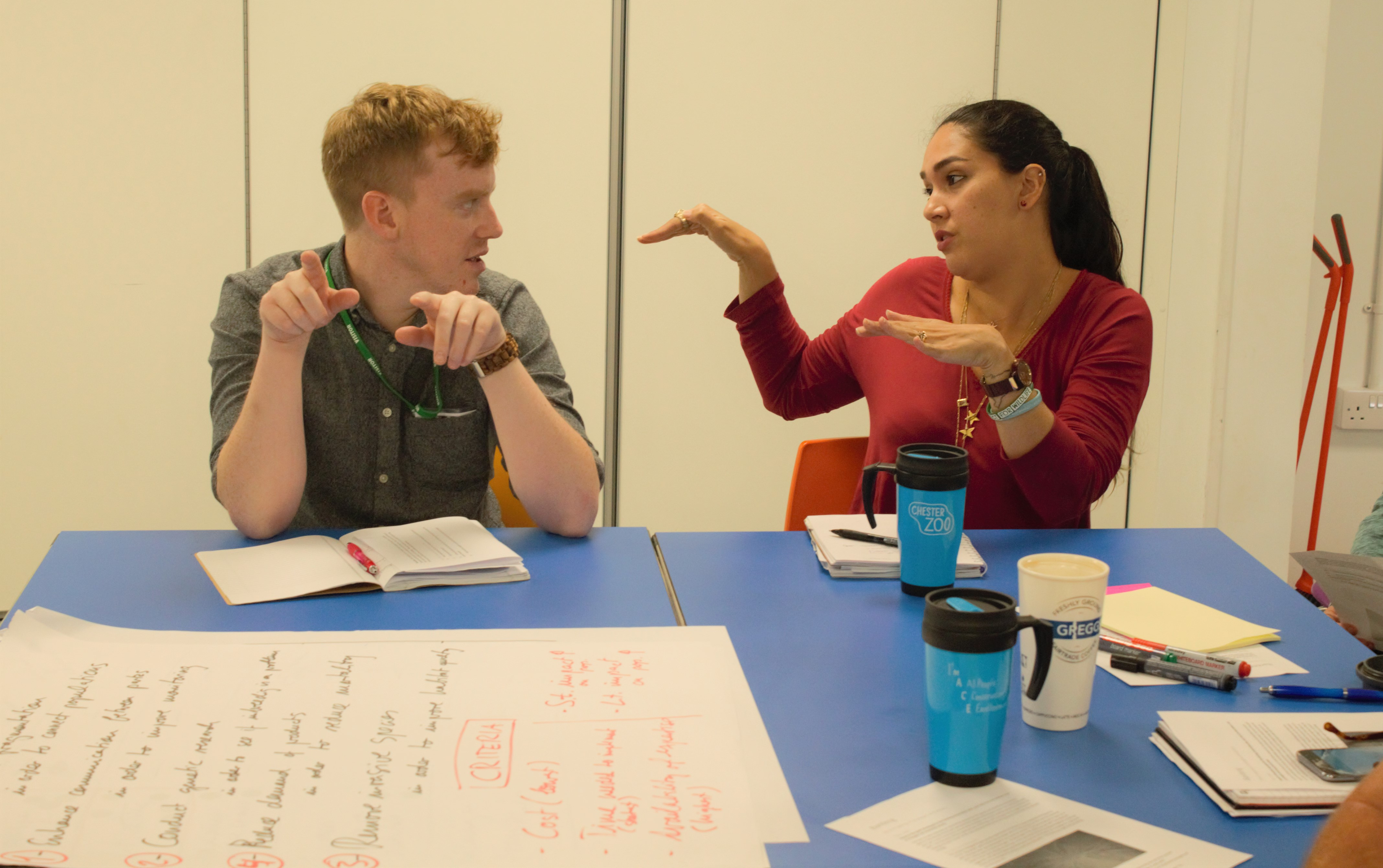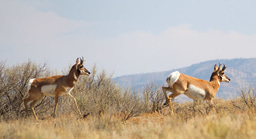
First off, there is no single ‘right way’ to lead. I’ve worked for and with a wide spectrum of effective leaders, from those that are intensely focused on planning, to those with a keen interest in behaviour, from leaders who lead from the back to more charismatic leaders who appear to enjoy being in the spotlight. One characteristic that they have all shared is an ability to listen.
The art of listening is not an abstract concept; it is grounded in human behaviour. First off, it’s about physically demonstrating that you’re focused on understanding the meaning of what someone is saying. Facing them, eye contact and open gestures all help to convey this intent. Staying quiet when someone is talking and only asking occasional clarifying questions help to genuinely enrich your understanding of the meaning of their words. Finally, reflecting back on your perception of the meaning and content of what you have heard provides an opportunity to check you got it right, and for the other to correct you if you’re wrong.
Listening is not just an additional skills to learn; it’s critical to effective leadership. Listening taps into the intrinsic motivation that many of us share within such a values-based discipline as conservation. Listening empowers others to feel they are making a meaningful contribution and that their opinion matters, and it empowers us as leaders as it helps to filter out facts from fiction, to enable us to base our decision on the best available information. Listening can help us navigate partnerships with other organisations that may- or may not when you truly listen!- subscribe to a different set of values to your own. Conflicts can be resolved, relationships built and ultimately groups mobilised to do better work as a consequence of this one, single skill.
In my current role I spend much of my time leading on the design and facilitation of participatory species conservation planning processes internationally. Listening within this context often boils down to simply asking the question ‘Why?’ Children do this all the time to help them understand the meaning of the world around them; we need to take a leaf out of their book!

So, whilst there are other important skills you can learn to become a more effective manager and leader within the conservation world, I’d argue that the most fundamental one you should hone is the ability to listen. I’d go further to say that to be a more effective human being- leader or not- listening is the art to perfect.




Please sign in or register for FREE
If you are a registered user on WildHub, please sign in